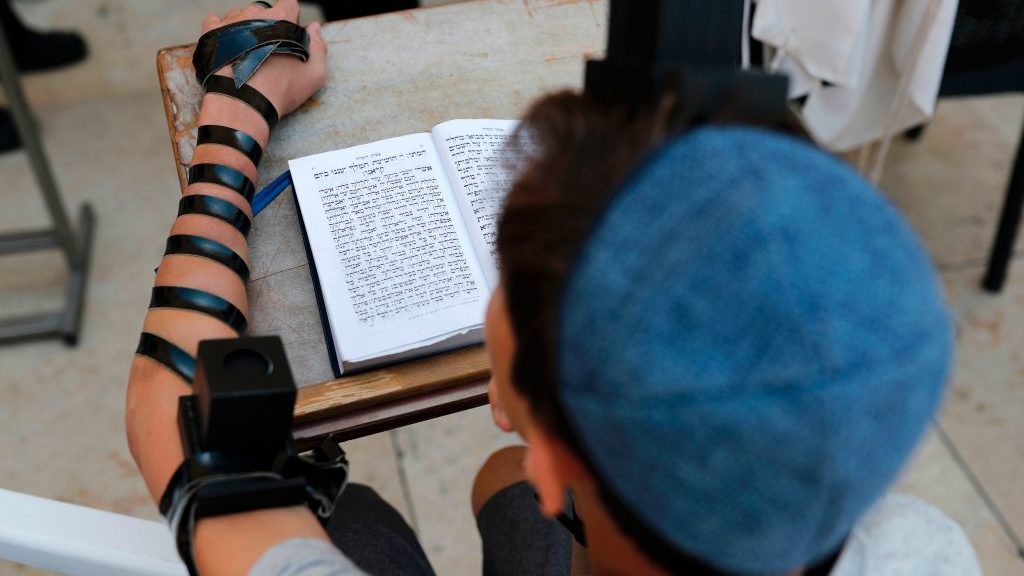The Debate Over Conversion: A Struggle Between Beit Hillel and Beit Shammai
Ma’ariv, Israel, March 11
You don’t have to be a great expert on the history of the Jewish people to know how old the “who is a Jew” question is. A simple reading of the Book of Ruth and the sages’ literature indicates the depth of the controversies that accompanied this issue. However, there seems to be a basis for arguing that the processes that the Jewish people go through in the modern age make the question of “who is a Jew” the central issue of the Jewish people in the 21st century. The accelerated process of secularization experienced by the Jewish people and the fact that the vast majority of the world’s Jews today live in democratic societies has created a challenging reality in which Jewish marriages with non-Jewish spouses are a fundamental phenomenon of Jewish life in the Diaspora. But this problem is not unique only to the Diaspora, as many would presume. There are currently about 400,000 Jews living in Israel who are not recognized as Jews according to religious definitions. More than 90% of them start families with Jewish spouses. In the last 20 years, marriages between members of different religions have also become a non-negligible Israeli reality. The questions surrounding intermarriage, conversion policy and the definition of “who is a Jew” are expressed differently in the Diaspora and in the State of Israel, but to a large extent we are all in the same boat. And just as in many significant periods in Jewish history, today we find ourselves with two main camps on this issue. On the one hand, there are hard-liners who refuse to accept anyone into the Jewish faith. On the other hand, there are those who understand that the gates leading to a mass departure from Jewish religion must be narrowed. The rulings of the Supreme Court on the issue of conversion in the last two decades prove that the line of contention does not pass between Reform and Conservative Judaism and Orthodox Judaism. In 2016, the Court recognized conversion proceedings in private Orthodox courts in Israel, based on the precedent of Reform conversions. And the verdict published last week recognizing the validity of the Reform conversions in Israel for the purpose of the Law of Return is a direct and obvious result of the same ruling that focused on private Orthodox conversions. From a historical perspective, a wide range of rabbis, communities and Jewish institutions from all religious streams have raised the banner of openness: calling to connect people who identify as Jewish to their religion and to the State of Israel. Against them, stands an opposite camp that seeks to narrow the definitions of Jewishness. For the most part, the rhetoric used by this camp is religiously conservative, but in recent decades, especially in the State of Israel, this language sometimes incorporates a nationalist and racist vocabulary, seeking to protect the “purity of the camp.” Member of Knesset Yitzhak Pindrus apologized for his remarks in which he claimed that “a female soldier who converts to Judaism through the military’s conversion program is as good as a Gentile.” But the truth is that this statement is the clearest example of the fact that the dispute over Judaism is no longer between the Reform and the Orthodox. Rather, the dispute is between those who want an isolated Judaism and those who want an all-encompassing Judaism. The boundary line is not drawn between the various streams of Judaism or between the State of Israel and the Diaspora, but rather between the successors of Beit Hillel and Beit Shammai: those who approach the scriptures with pragmatism and tolerance, and those who piously stick to the text. – Rabbi Gilad Kariv, head of the Reform Movement in Israel and currently No. 4 on the Labor Party’s list for the Knesset (translated by Asaf Zilberfarb)


